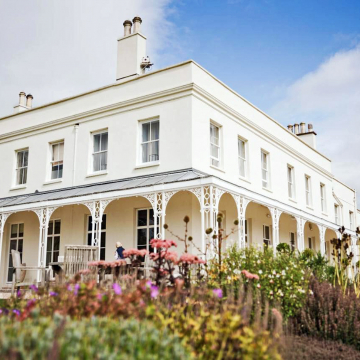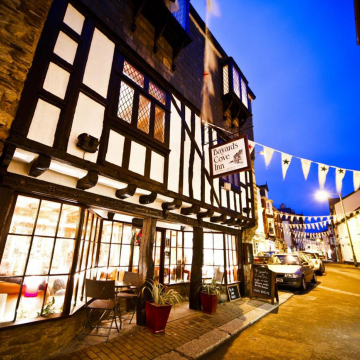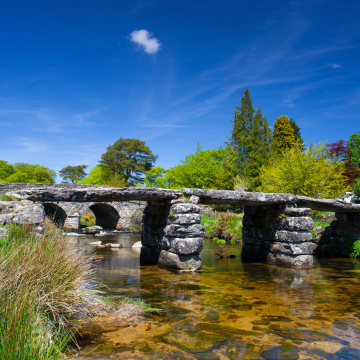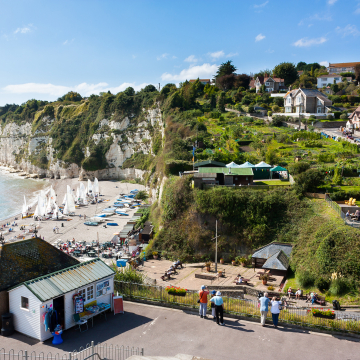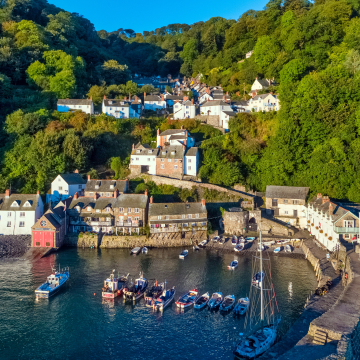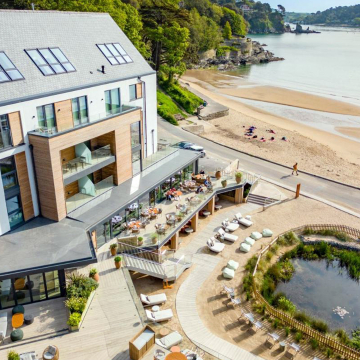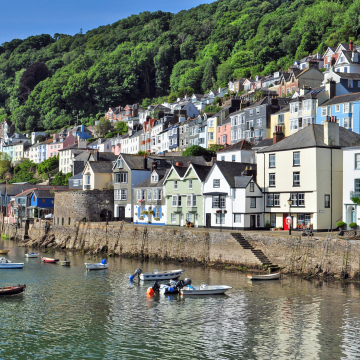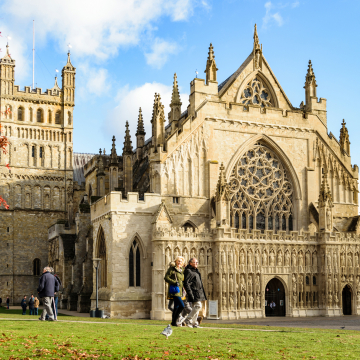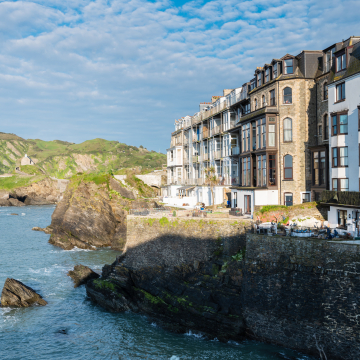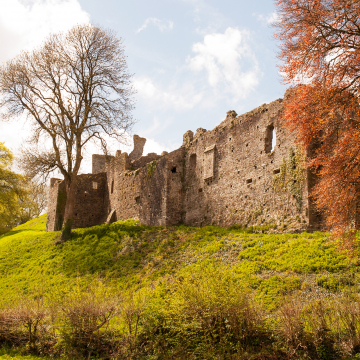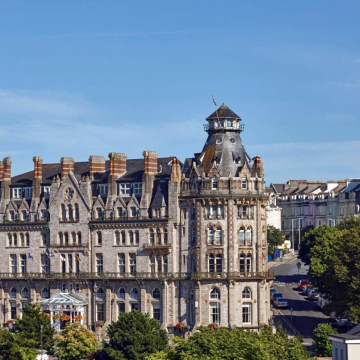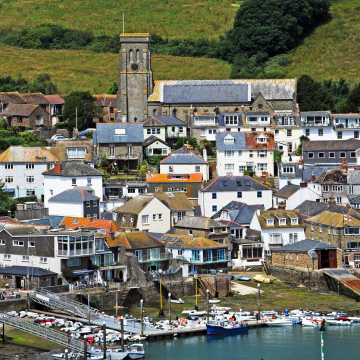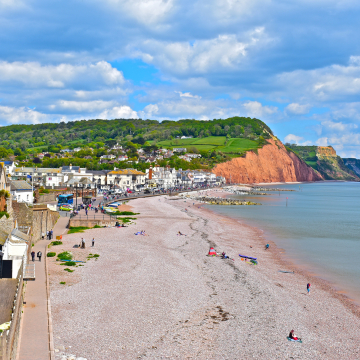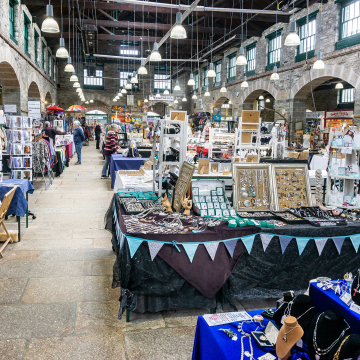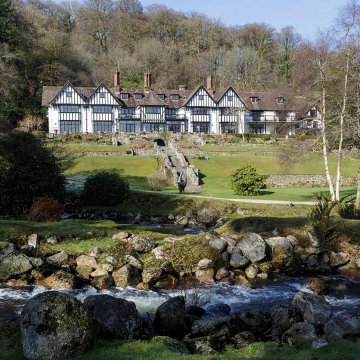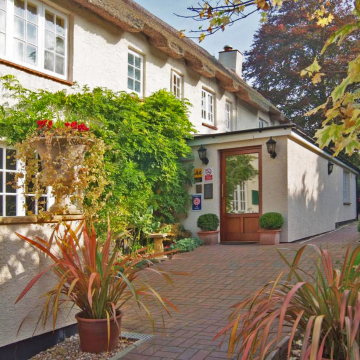-
Devon
-
Devon Hotels
- Devon Luxury Hotels
- Devon Country House Hotels
- Devon Budget Hotels
- Devon Family Hotels
- Devon Spa Hotels
- Devon Romantic Hotels
- Devon Seaside Hotels
- Devon Boutique Hotels
- Dartmoor Hotels
- Dartmouth Hotels
- East Devon Hotels
- Exeter Hotels
- North Devon Hotels
- Paignton Hotels
- Plymouth Hotels
- South Devon Hotels
-
Devon Bed & Breakfasts
- Devon Luxury Bed & Breakfasts
- Devon Bed & GREAT Breakfasts
- Devon Country Bed & Breakfasts
- Devon Seaside Bed & Breakfasts
- Dartmoor Bed & Breakfasts
- Dartmouth Bed & Breakfasts
- East Devon Bed & Breakfasts
- Exeter Bed & Breakfasts
- North Devon Bed & Breakfasts
- Paignton Bed & Breakfasts
- Plymouth Bed & Breakfasts
- South Devon Bed & Breakfasts
- Torquay Bed & Breakfasts
-
Devon Pub Accommodation
- Devon Luxury Pub Accommodation
- Devon Historic Pub Accommodation
- Devon Country Pub Accommodation
- Devon Seaside Pub Accommodation
- Dartmoor Pub Accommodation
- Dartmouth Pub Accommodation
- East Devon Pub Accommodation
- Exeter Pub Accommodation
- North Devon Pub Accommodation
- Paignton Pub Accommodation
- Plymouth Pub Accommodation
- Torquay Pub Accommodation
-
Dartmoor
- Dartmoor Introduction
-
Dartmoor Hotels
- Dartmoor Luxury Hotels
- Dartmoor Country House Hotels
- Dartmoor Budget Hotels
- Dartmoor Bed & Breakfasts
- Dartmoor Pub Accommodation
- Dartmoor Family Hotels
- Ashburton Hotels
- Bovey Tracey Hotels
- Buckfastleigh Hotels
- Lifton Hotels
- Moretonhampstead Hotels
- Okehampton Hotels
- Princetown Hotels
- Tavistock Hotels
- Yelverton Hotels
- Dartmoor Bed & Breakfasts
- Dartmoor Pub Accommodation
-
East Devon
-
East Devon Hotels
- East Devon Luxury Hotels
- East Devon Country House Hotels
- East Devon Budget Hotels
- East Devon Spa Hotels
- East Devon Family Hotels
- East Devon Beach Hotels
- Axminster Hotels
- Beer Hotels
- Budleigh Salterton Hotels
- Colyton Hotels
- Crediton Hotels
- Cullompton Hotels
- Dawlish Hotels
- Exeter Hotels
- Exmouth Hotels
- Honiton Hotels
- Newton Abbot Hotels
- Seaton Hotels
- Sidmouth Hotels
- South Molton Hotels
- Teignmouth Hotels
- Tiverton Hotels
-
East Devon Bed & Breakfasts
- Axminster Bed & Breakfasts
- Beer Bed & Breakfasts
- Budleigh Salterton Bed & Breakfasts
- Crediton Bed & Breakfasts
- Cullompton Bed & Breakfasts
- Dawlish Bed & Breakfasts
- Exeter Bed & Breakfasts
- Exmouth Bed & Breakfasts
- Honiton Bed & Breakfasts
- Newton Abbot Bed & Breakfasts
- Seaton Bed & Breakfasts
- Sidmouth Bed & Breakfasts
- South Molton Bed & Breakfasts
- Teignmouth Bed & Breakfasts
- Tiverton Bed & Breakfasts
-
East Devon Pub Accommodation
- Axminster Pub Accommodation
- Beer Pub Accommodation
- Budleigh Salterton Pub Accommodation
- Crediton Pub Accommodation
- Cullompton Pub Accommodation
- Dawlish Pub Accommodation
- Exeter Pub Accommodation
- Honiton Pub Accommodation
- Newton Abbot Pub Accommodation
- Seaton Pub Accommodation
- Sidmouth Pub Accommodation
- South Molton Pub Accommodation
- Teignmouth Pub Accommodation
-
East Devon Hotels
- Exeter
-
North Devon
-
North Devon Hotels
- North Devon Luxury Hotels
- North Devon Country House Hotels
- North Devon Budget Hotels
- North Devon Bed & Breakfasts
- North Devon Pub Accommodation
- North Devon Spa Hotels
- North Devon Beach Hotels
- North Devon Family Hotels
- Barnstaple Hotels
- Bideford Hotels
- Braunton Hotels
- Clovelly Hotels
- Holsworthy Hotels
- Ilfracombe Hotels
- Lynmouth Hotels
- Lynton Hotels
- Umberleigh Hotels
- Winkleigh Hotels
- Woolacombe Hotels
- North Devon Bed & Breakfasts
- North Devon Pub Accommodation
- Barnstaple
- Bideford
- Braunton
- Clovelly
- Holsworthy
- Ilfracombe
- Lynmouth
- Lynton
- Umberleigh
-
North Devon Hotels
- Plymouth
-
South Devon
-
South Devon Hotels
- South Devon Luxury Hotels
- South Devon Country House Hotels
- South Devon Budget Hotels
- South Devon Bed & Breakfasts
- South Devon Pub Accommodation
- South Devon Spa Hotels
- South Devon Beach Hotels
- South Devon Family Hotels
- Brixham Hotels
- Dartmouth Hotels
- Ivybridge Hotels
- Kingsbridge Hotels
- Paignton Hotels
- Salcombe Hotels
- South Hams Hotels
- Torbay Hotels
- Torquay Hotels
- Totnes Hotels
-
South Devon Bed & Breakfasts
- South Devon Hotels
- South Devon Pub Accommodation
- Brixham Bed & Breakfasts
- Dartmouth Bed & Breakfasts
- Ivybridge Bed & Breakfasts
- Kingsbridge Bed & Breakfasts
- Paignton Bed & Breakfasts
- Salcombe Bed & Breakfasts
- South Hams Bed & Breakfasts
- Torbay Bed & Breakfasts
- Torquay Bed & Breakfasts
- Totnes Bed & Breakfasts
-
South Devon Pub Accommodation
- South Devon Hotels
- South Devon Bed & Breakfasts
- Brixham Pub Accommodation
- Dartmouth Pub Accommodation
- Ivybridge Pub Accommodation
- Kingsbridge Pub Accommodation
- Paignton Pub Accommodation
- Salcombe Pub Accommodation
- South Hams Pub Accommodation
- Torbay Pub Accommodation
- Torquay Pub Accommodation
- Totnes Pub Accommodation
- Dartmouth
- Paignton
- Torquay
-
South Devon Hotels
Discover Devon | Recommended Places to Stay & Visit
With dramatic coastlines and sandy beaches, historic cities and scenic moorland, it is no surprise that Devon, in South West England, is one of Britain's more popular visitor destinations.
Torquay
Torquay, a seaside town on the South Devon coast, is famed for its stunning beaches, palm-lined promenade, and lively marina. Often referred to as the "English Riviera," Torquay boasts a mild climate and a wealth of attractions, including prehistoric caves, elegant Victorian architecture, and a vibrant nightlife. It's a perfect blend of natural beauty and leisure activities.
Coastal Charm
One of Devon's most prominent features is its dramatic coastline. The North Devon coast is renowned for its rugged cliffs and spectacular surfing beaches. Towns like Ilfracombe and Woolacombe serve as gateways to some of the UK's best surfing spots. The South Coast, meanwhile, boasts the English Riviera, a picturesque stretch around Torbay, including popular destinations such as Torquay, Paignton, and Brixham. Here, visitors can enjoy milder climates, sandy beaches, and a plethora of maritime activities.
Dartmoor and Exmoor
For those drawn to the tranquility of the countryside, Devon's national parks, Dartmoor and Exmoor, offer expansive areas of unspoiled wilderness. Dartmoor is particularly famous for its moorlands and granite tors, providing excellent opportunities for walking, horse riding, and cycling. The ancient landscapes are dotted with prehistoric ruins, offering a glimpse into the area's mysterious past. Exmoor is equally compelling, known for its rolling hills and deep woodland valleys, perfect for nature lovers and those looking for peaceful hiking trails.
Historical Sites and Cultural Heritage
Devon is steeped in history, with a wealth of castles, stately homes, and historic buildings. Exeter, the county capital, features a magnificent cathedral that dates back to Norman times. The city's history is palpable in its ancient streets and buildings. Another must-visit is the medieval town of Totnes, which boasts a rich history and a thriving cultural scene, underlined by its array of boutiques, galleries, and organic eateries.
Culinary Delights
Devon is also famous for its culinary offerings, especially its seafood and dairy products. The county is the home of the cream tea, a must-try experience involving scones, clotted cream, and jam. For seafood lovers, the coastal towns offer fresh catches daily, which can be enjoyed in various seafront restaurants and cafés. Farmers' markets and farm shops scattered throughout the region sell local cheeses, ciders, and ales, providing a taste of the local artisanal food scene.
Practical Advice for Visitors
Traveling in Devon: The region is well-served by roads and railways, with major routes like the M5 and the A38 providing access to both North and South Devon. Public transport in rural areas can be sparse, so renting a car is advisable if you plan to explore extensively.
Best Time to Visit: Devon can be visited year-round, but the best weather is typically from May to September when the days are warmer and longer. This period is also ideal for taking full advantage of the beaches and outdoor activities.
Accommodations: There's something for every budget, from luxury hotels and historic inns to cosy B&Bs and seaside campsites. Booking in advance is recommended, especially during the peak summer months.

